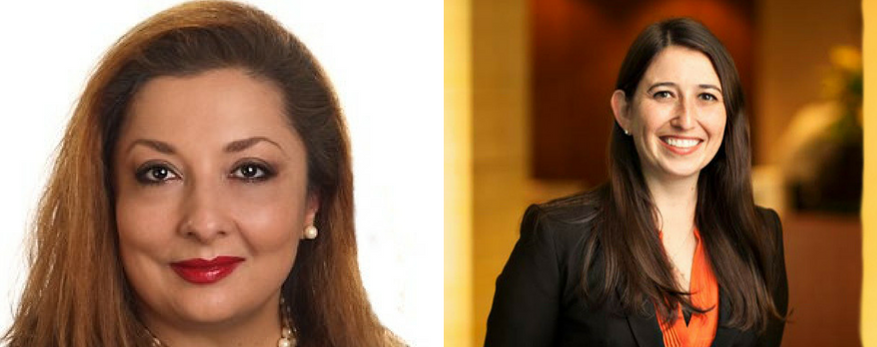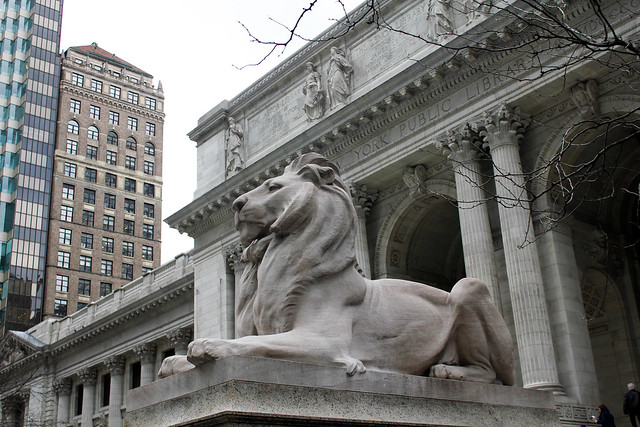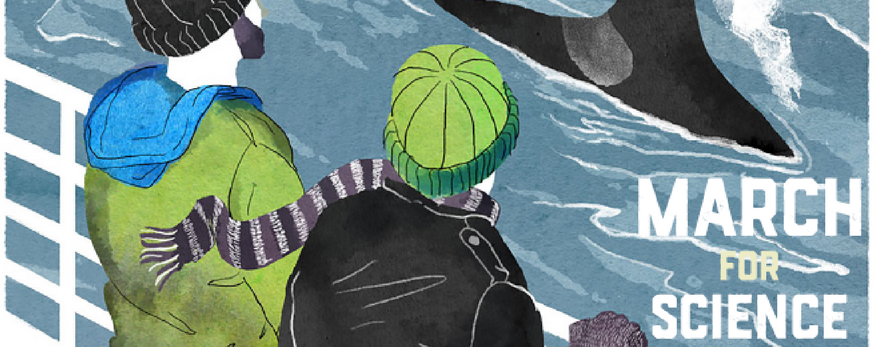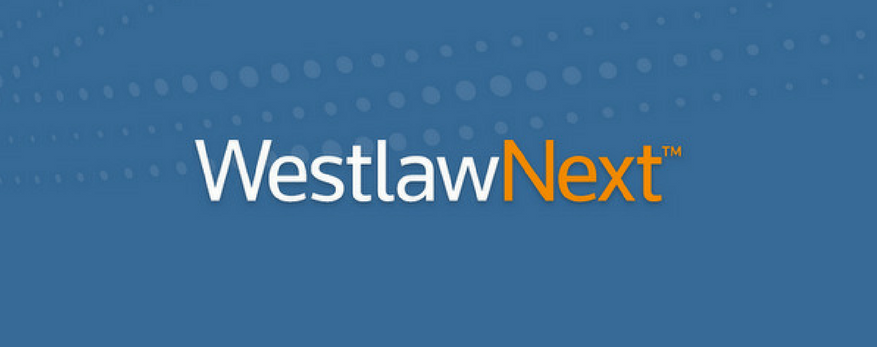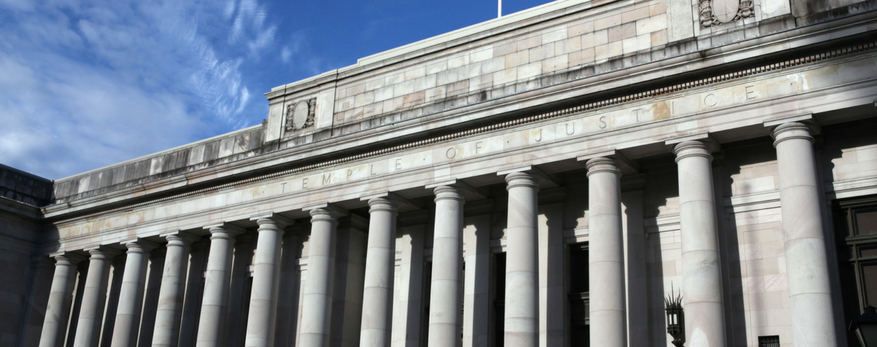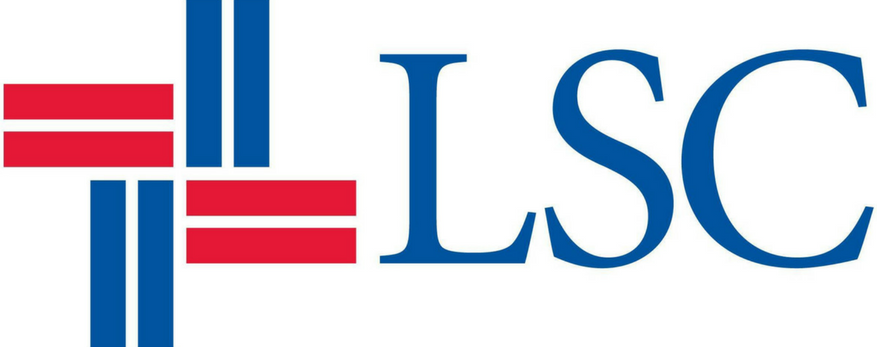On Earth Day, April 22, 2017, researchers, educators, students, and citizen scientists all over the world will take to the streets in celebration of science. The March for Science is an international, nonpartisan event organized to “champion robustly funded and publicly communicated science as a pillar of human freedom and prosperity.” The movement has attracted broad support from over 60 partner organizations, including the American Association for the Advancement of Science (AAAS), Sigma Xi, and the Union of Concerned Scientists. The ACRL Board of Directors voted to partner with the March for Science and encourages ACRL members to attend.
The main event will be held in Washington D.C. at 10 a.m. with a teach-in and rally on the National Mall, followed by a march through the streets of DC. More than 400 satellite marches have also been organized in all 50 states, 40 countries, and across 6 continents.
Librarians will be well-represented at the march in D.C. and the satellite marches, to express their support for open scientific communication and evidence-based decision making.
When asked why they intend to march, these librarians responded:
“Stifling open communication of science limits the public’s right to know, with serious consequences for poor policy making and uninformed decisions regarding research funding, negligent enforcement of environmental regulations (or outright loss of environmental oversight), and nearly every aspect of everyday living. From the technology of the internet to basic agricultural practices, poor management of the science enterprise will adversely affect health and wellness, nutrition, education, the environment, innovation, job creation and production, and creativity, to name just a few areas of influence.” – Alison Ricker, Oberlin College
“I think evidence-based decision making is vitally important to democracy so any attempt to undermine science also attempts to undermine at least part of the foundations of democracy.”- John Dupuis, York University
“I’m a former scientists turned librarian, and I strongly believe that science literacy goes hand in hand with information literacy. The rise of people who refute facts – or believe in alternative facts – is distressing to me, as I believe we as a society can never reach our full potential without accepting certain basic, proven concepts.” – Maggie Savidakis-Dunn, Shippensburg University
“All information is not created equal – ignorance is not as good as knowledge, and “alt-facts” are not as good as facts. We have a responsibility as librarians to advocate for the truth and for the uncensored distribution of scientific data and communication.” – Emma Oxford, James Madison University
“I’m a science librarian. Scientific information and resources are put through a gauntlet of peer-review, and to say that such scientific studies cannot be trusted after going through that process is willful ignorance. As managers of information, we have to come together with scientists and clearly assert that things CAN be known – facts about our universe CAN be established beyond reasonable doubt – if we use appropriate, collaborative, scientific methods for gathering and analyzing data.” – Camille Mathieu, Jet Propulsion Laboratory
“Because I believe that science represents the future of America, and I believe in the privilege of exercising my voice as a citizen and supporter of science.” – Rachel Borchardt, American University
Join your library colleagues and march to celebrate the impact of science in our lives. The March for Science in Seattle will begin the morning of April 22nd, at 10:00am. It will begin with a celebration of Science, featuring speakers and events at Cal Anderson Park in Capitol Hill. The March will commence at noon. The March for Science will end at the International Fountain, north of the Seattle Center. Start to finish time will vary, but expect the journey to take around 60 minutes. Learn more about the March for Science in Seattle here.
